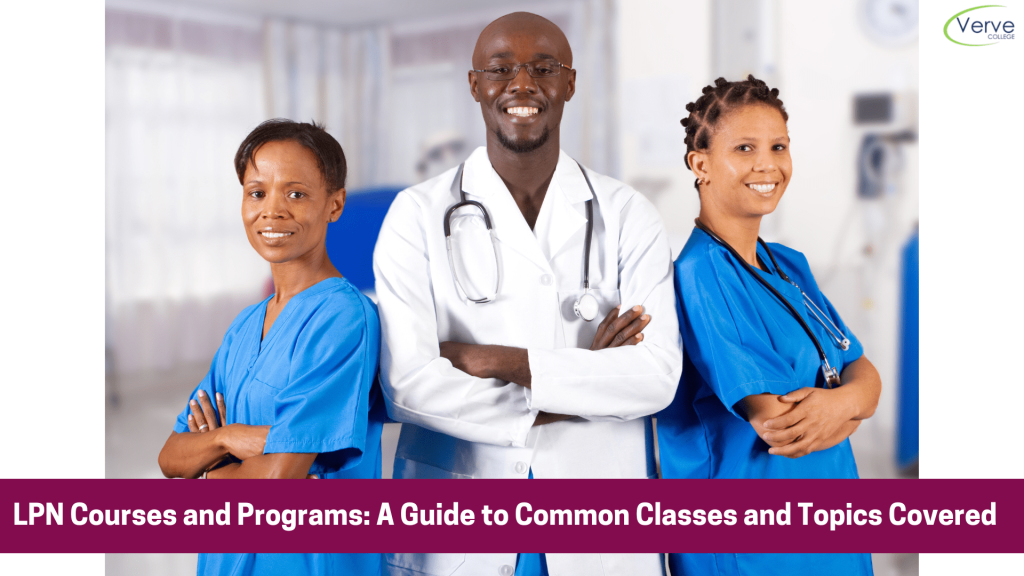- Oak Brook:(630) 705-9999
- Chicago:(312) 920-8822
- Email:inquiry@vervecollege.edu
- Make a Payment
- Home
- Programs
- Admission
- Resources
- ATI Entrance Exam Resources
- New E-Digital Library
- Refer a Friend
- School Newsletter
- Events
- Employers
- Job-Network
- Alpha Beta Kappa Candidates
- Verve College Library
- Graduation and Pinning Ceremony Photo Galleries
- Textbook Information
- Career Services
- Tutoring
- School Catalog
- FAQ
- Constitution Day Program
- Alumni
- Verve College Plans
- Financial Aid
- HEERF Reporting
- Satisfactory Academic Progress
- Apply For Financial Aid
- Net Price Calculator
- Return of Title IV Funds (R2T4)
- Financial Aid Office Code of Conduct
- Contact
- FAQs
- Verification Policy
- Vaccination Policy
- Student Right-to-Know Act
- Misrepresentation
- Information Security Program
- Academic Award Year
- Availability of Employee
- Cost of Attendance
- Health & Safety Exemption Requirement
- Students Rights and Responsibilities
- Leave of Absence
- Pell Formula
- Military Students
- Grants/ Scholarship Policy
- Contact Us
- Login
- Testimonials
- Blog
Is a Nursing Career Right For You?
Take The Free Quiz
LPN Courses and Programs: A Guide to Common Classes and Topics Covered
LPN Courses and Programs: A Guide to Common Classes and Topics Covered
Nursing and healthcare jobs require at least an associate’s level. Many others require a bachelor’s degree or higher. LPN positions are exempt from this requirement. To earn a non-degree, you will attend a formal training program instead of an associate’s/bachelor’s degree program. The process will generally take about a year.
For someone looking to quickly join the workforce or for someone who is trying to decide if nursing is the right career path, the non-degree route is attractive.
LPN students can quickly gain nursing knowledge while deciding which path to follow. APRN, FNP is a board-certified advanced nurse practitioner and assistant professor in the Illinois online nursing program.
LPN Class Line-Up
While the classes you take may vary depending on your program, there is a general structure that you can expect.
- Introduction And Ethics in Nursing–These foundational courses are your first and LPN courses will give you a general nursing overview and help you understand your role in the healthcare industry.
- Science courses – You will learn the science needed to be an LPN. This mainly refers to basic nutrition, anatomy, and physiology.
- The nursing skills course– This will help you to fulfill your job duties. You will learn how to obtain medical histories, evaluate patients, and provide medication.
- The patient care classes –-Learn how to ensure patients get the best possible care. You will learn the best methods to communicate with patients and how you can help with patient hygiene, mobility, and other issues.
- Specialty courses –Population courses and specialty courses will give you an overview of how to work in various healthcare settings. You will study how to operate in unique environments such as emergency rooms, rehabilitation centers, and hospitals, as well as how to give nursing care to patients who are young and old. neonatal units and another clinical setting for career goals.
Also Read:-Can I Apply For The Evening LPN Courses?
Classes, Labs, And Real-World Nursing
Practical nurses said that classes, skill-based labs, and rotating clinical hours at partner sites make up the majority of LPN nursing programs. The classroom is usually designed for test-based learning and includes regular quizzes and exams such as practice exams. The laboratory and field tests are used to test the learned skills.
The program offers skills-based labs. These labs allow students to practice their skills on dummies and then go out and work with real patients. Students will rotate from one specialty to another during clinical hours. This gives them a wide range of hands-on experience and allows them to shadow working nurses while providing real patient care.
How Long Will It Take?
Most LPN programs last about one year. However, some programs can take as little as seven months and others as long as 14.
What Will You Learn?
The LPN programs will give you the knowledge and abilities you need to succeed as a nurse by these educational programs. In the nursing field you will learn the following:
- Anatomy and physiology
- Basic nursing
- Nutrition
- Medical-surgical nursing
- Emergency care and basic care
- Pediatric Nursing
- Nursing for the pregnant
An LPN program provides a comprehensive education that will help nursing students just starting in a nursing role in the healthcare field.
Things To Consider Before You Start Your Nursing Studies
Once you have decided that LPN programs are right for you, there are some things to consider. These items will assist you in getting started and finishing faster progress in your academics. Before you commit to becoming an LPN, there are several things to remember.
Are There Prerequisites?
Generally, yes. Most LPN programs near me can be found at community colleges, trade schools, or technical schools. You will need to meet the school’s entry requirements to get started. These requirements can vary from school to school. However, most schools require a high school diploma. You might need to pass an entrance exam or English proficiency test to enroll in some schools. You might need to meet additional requirements for the LPN programs.
Want to Make a Career in Nursing? Get More Information About Our Courses!
Last Thought
With the growing demand for qualified nurses, LPN nursing programs at practical nurse schools have become increasingly important in meeting top care standards. Accredited LPN programs at Verve College provide students with the knowledge, skills, and experience they need to succeed in nursing careers with professional certification.
 Sign up
Sign up Login
Login




